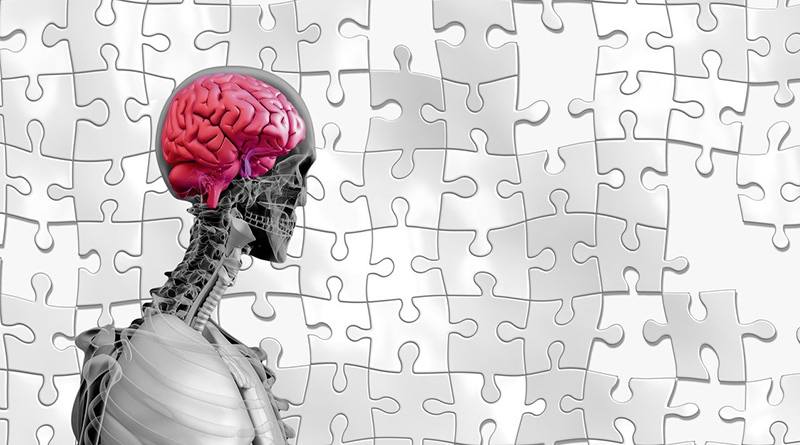Napping Linked with Dementia and Having Dementia also Linked with More Frequent Naps
Scientists in the US have suggested that those who nap more frequently when they get older are more likely to get dementia, but those who have dementia are more likely to nap.
Daytime napping was classed as sleeping for periods at any time between the hours of 9:00 and 19:00. This was based on sleep activity measured on a wristwatch.
Dr Susan Mitchell, Head of Policy from Alzheimer’s Research UK, said:
“Unusual sleep patterns are common for people with dementia, but research suggests that sleep changes could be apparent long before any symptoms like memory loss start to show.
“In this study of older people, the development of Alzheimer’s looks to increase the need to nap, more so than aging alone. Researchers also found frequent naps were linked with an increased risk of cognitive decline a year later and a higher risk of dementia.
“While this study goes further than previous research looking at the impact of daytime sleep and dementia risk, it still cannot fully tease apart cause and effect. Other studies have also indicated a link between changes in sleep quality, but work looking at a number of sleep-related factors, not just napping, is needed to paint a clearer picture about the link between dementia and sleep throughout the day. People tend to nap more as they get older and this isn’t necessarily a sign of any problem.
“There is no sure-fire way to prevent dementia, but there are things within our control that can reduce our risk. The best evidence suggests that not smoking, only drinking in moderation, staying mentally and physically active, eating a balanced diet, and keeping cholesterol and blood pressure levels in check can all help to keep our brains healthy as we age.”





